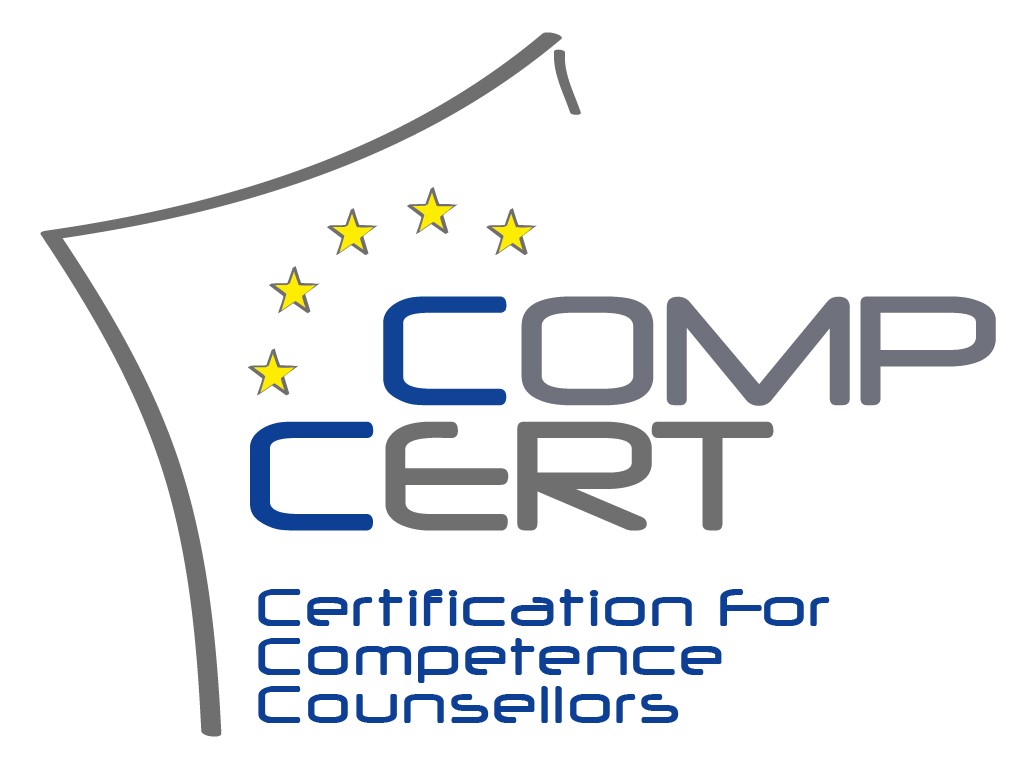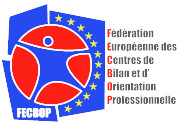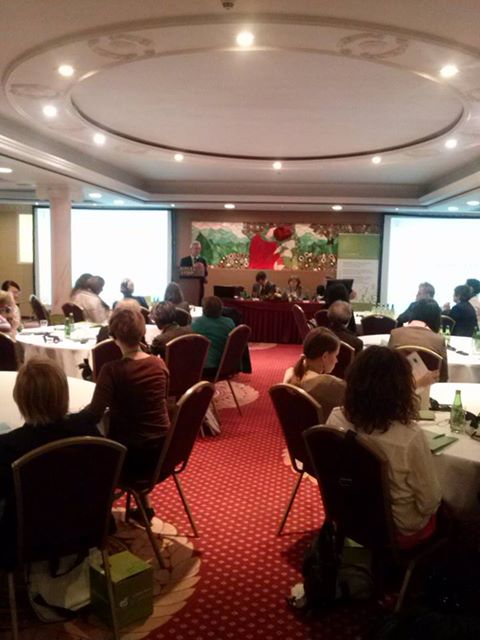CEDEFOP: Bilan de compétences as a tool for tackling skills mismatch?
More than one in four (27%) European employees are in dead-end positions with skills higher than needed to do their job and limited potential to grow. At the same time, 22% of employees say that their skills have not developed since they started their current job. These are some of [...]
CompCert – further education for bilan de compétences counsellors
 The „Kick-off Meeting“ on 29/10/2014 and 30/10/2014 that took place in Lengenfeld, was the start of a new EU-funded transnational project in the framework of the ERASMUS+ program, Keyaction 2 strategic partnerships. The objective of the project is the development, testing and implementation of a Europe-wide standardized type of further education for competence balance counsellors, according to the French model „bilan de compétence“. This is in-tended to ensure a nearly uniform quality of the bilan de compétences (BdC), according to the aforesaid model.
The „Kick-off Meeting“ on 29/10/2014 and 30/10/2014 that took place in Lengenfeld, was the start of a new EU-funded transnational project in the framework of the ERASMUS+ program, Keyaction 2 strategic partnerships. The objective of the project is the development, testing and implementation of a Europe-wide standardized type of further education for competence balance counsellors, according to the French model „bilan de compétence“. This is in-tended to ensure a nearly uniform quality of the bilan de compétences (BdC), according to the aforesaid model.
Bilan de compétences in Europe – Czech republic
The bilan de compétences provision in the Czech republic is based on the French model, however, it is adapted to the circumstances in the Czech Republic and presented under the name of bilanční diagnostika, which is for now used almost exclusively in public employment services. The method implementation in [...]
International conference and FECBOP general assembly in Prague, 19-20 September 2013
 The next general assembly of the FECBOP will be held in Prague on 19-20 September 2013. On this occassion, an international conference will be held, organised in the framework of European Social Fund project “Bilan de compétences for job seekers: exchange of international experiences and application of new findings in public employment services practice”.
The next general assembly of the FECBOP will be held in Prague on 19-20 September 2013. On this occassion, an international conference will be held, organised in the framework of European Social Fund project “Bilan de compétences for job seekers: exchange of international experiences and application of new findings in public employment services practice”.
General Assembly 2012
The General Assembly was held in Rome again on 23 October 2012. The federation currently consists of 101 members. The number of members is stable (100 in 2010) but we can see significant changes in the representation of countries. Thus, the Italian network and the French network continues to grow but the [...]
Ten years of FECBOP: reasons to celebrate and perspectives for the future
 The 10th anniversary of the FECBOP was celebrated during the General Assembly in Bratislava, in presence of the representatives of different FECBOP members and also of political representatives of the Slovak and Czech republic (general secretary of the Ministry of Labour, Social Affairs and Family Branislav Ondrus, vice-minister of the Czech Ministry of Labour - Jan Marek"), as well as international experts from the field of career guidance.
The 10th anniversary of the FECBOP was celebrated during the General Assembly in Bratislava, in presence of the representatives of different FECBOP members and also of political representatives of the Slovak and Czech republic (general secretary of the Ministry of Labour, Social Affairs and Family Branislav Ondrus, vice-minister of the Czech Ministry of Labour - Jan Marek"), as well as international experts from the field of career guidance.
Project Kompass successfully concluded
„KOMPASS: Competence Balance – an innovative instrument for career planning and increasing of employability of Roma“ – results, experiences and Lessons Learned
Since 01.10.2012 the FECBOP and JugendStile.V. from Plauen have been implementing the Leonardo da Vinci Transfer of Innovationproject „KOMPASS“ together with 7 partner organisations from Hungary, Romania, Bulgaria and France. The project is co-financed through the EU programme for Lifelong Learning.
“... They steal like ravens, are not willing to work and a peoples of restless nomads ...” – when itcomes to “gypsies” we are quick with prejudices. Even more problematic is the fact that they can bemobilised any time what is proven by regular riots and their actual living conditions in a very sad way.
FECBOP represented on the Euroguidance Cross Border Seminar in Warsaw
The dynamics of career guidance in Eastern and Central european countries propose a great oportunity for the exchange of methods between guidance providers and creation of European partnership. Thus, every year, Euroguidance organizes a Cross Border Seminar for guidance professionals form these countries. This year, the seminar was held in [...]
General Assembly 2009
The General Assembly meets on June 9 2009 in Turin. The Federation now includes 89 representatives from 8 member countries. During this year, more than ten meetings, workshops and conferences were held. This significantly improved the promotion of the bilan de compétences and the expertise of the FECBOP in European countries. Four strategic areas [...]
International conference and general assembly in Bratislava
 FECBOP in collaboration with its partners and members from Slovakia - Central Office of Labour, Social Affairs and Family, BKS Uspech, ERVES) has an honour to invite you to the international conference Quality assurance and impact evaluation of bilan de compétences and career guidance in Europe. The conference will take place the 8th October 2015 at Austria Trend Hotel, Vysoká 7490/2A, 811 06 Bratislava, Slovakia.
FECBOP in collaboration with its partners and members from Slovakia - Central Office of Labour, Social Affairs and Family, BKS Uspech, ERVES) has an honour to invite you to the international conference Quality assurance and impact evaluation of bilan de compétences and career guidance in Europe. The conference will take place the 8th October 2015 at Austria Trend Hotel, Vysoká 7490/2A, 811 06 Bratislava, Slovakia.
Bilan de compétences in Europe – France
Le bilan de compétences est né en France dans le contexte plus large de la formation professionnelle et du dialogue avec les partenaires sociaux. Après des premières restructurations dans le domaine de la sidérurgie, la notion de la formation continue est formalisée par une série des lois au début des [...]
General assembly 2011
The General Assembly in 2011 was held exceptionally on 7 December 2011 at 14:00 during the conference call between the members of the FECBOP. The objective of the meeting was to validate statutorily the year 2011. The activity of the year 2010 and the fiscal table were the central themes [...]





